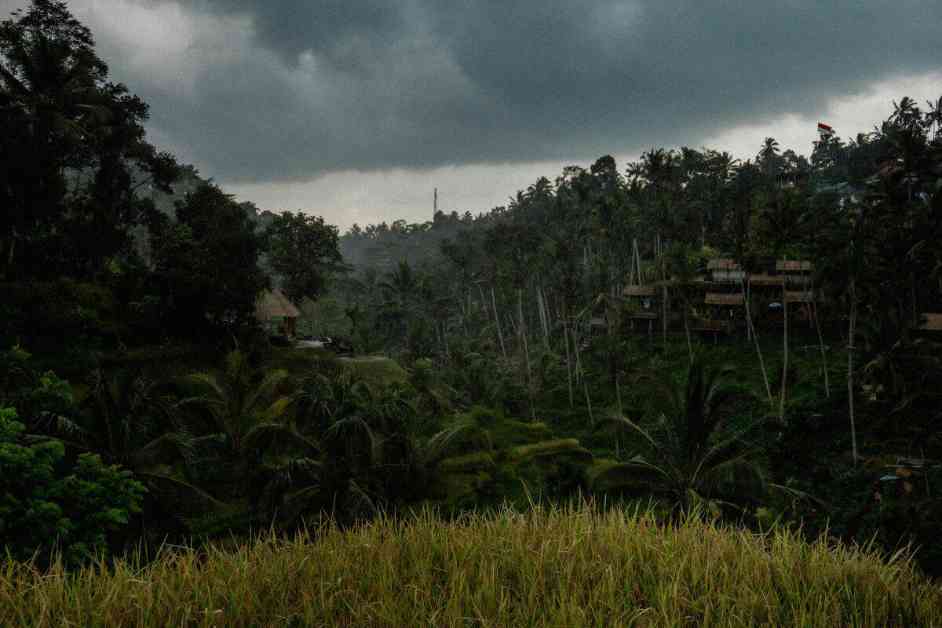Trees and land played a crucial role in absorbing carbon dioxide (CO2) to regulate the Earth’s climate, but last year, something unexpected happened. Scientists found that in 2021, the amount of carbon absorbed by forests, plants, and soil drastically decreased, leaving them almost ineffective as carbon sinks.
This unexpected phenomenon has raised concerns among researchers as it was not factored into previous predictions about climate change. The year 2023 was recorded as the hottest year ever, which may have contributed to the collapse of the land carbon sink. Rising temperatures, extreme weather events, and droughts are destabilizing ecosystems, pushing them into unfamiliar territory.
The temporary breakdown of the land carbon sink could have serious implications for global heating. Without these natural carbon sinks, it will be nearly impossible for the world to achieve net-zero emissions. Human technology is not advanced enough to replicate the carbon absorption capacity of forests, grasslands, peat bogs, and oceans.
Moreover, it’s not just the land carbon sinks that are under threat. The melting of Greenland’s glaciers and Arctic ice sheets, as well as disruptions in the Gulf Stream, are affecting the ocean’s ability to absorb carbon. Melting sea ice is exposing zooplankton to more sunlight, potentially disrupting their feeding habits and the process of storing carbon on the ocean floor.
During New York Climate Week, Johan Rockström, director of the Potsdam Institute for Climate Impact Research, highlighted the cracks in the Earth’s systems. He warned that terrestrial ecosystems are losing their carbon storage and uptake capacity, while the oceans are also showing signs of instability. Rockström emphasized that nature has been silently helping to balance the effects of human abuse but warned that this cannot continue indefinitely.
The stresses on the planet, including biodiversity loss and the decline of natural carbon sinks, are reaching a tipping point. The recent findings suggest that the Earth’s systems are struggling to cope with the increasing pressures from climate change and human activities. It is crucial for policymakers, scientists, and the general public to address these issues and work towards sustainable solutions to protect the planet and secure a livable future for all.











